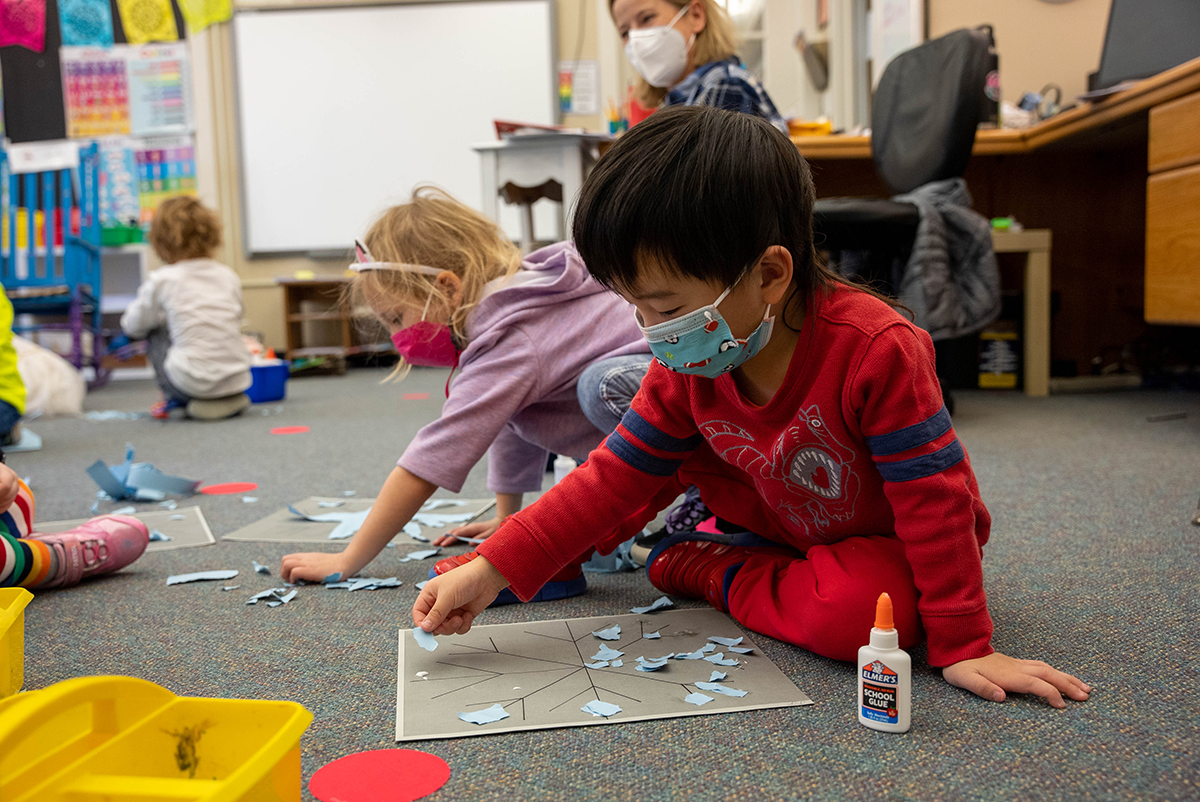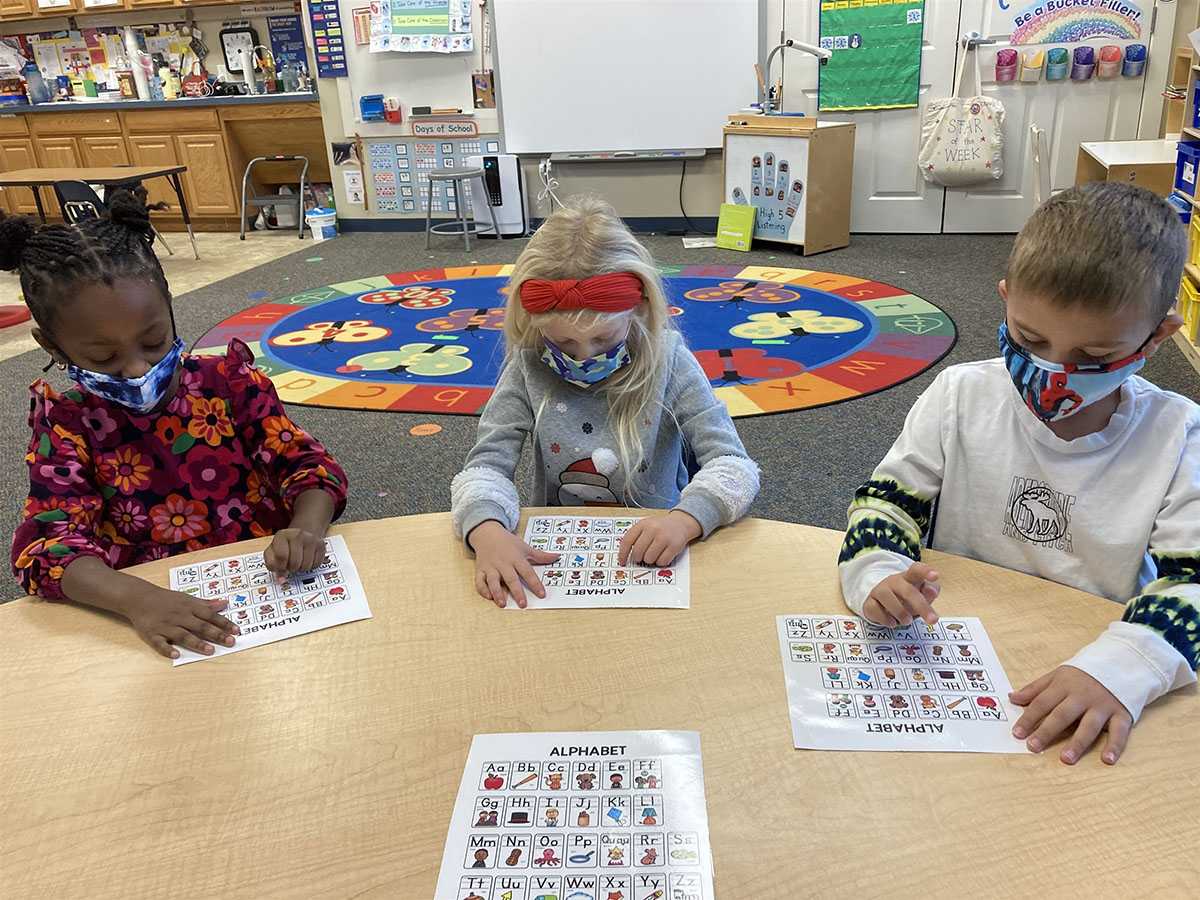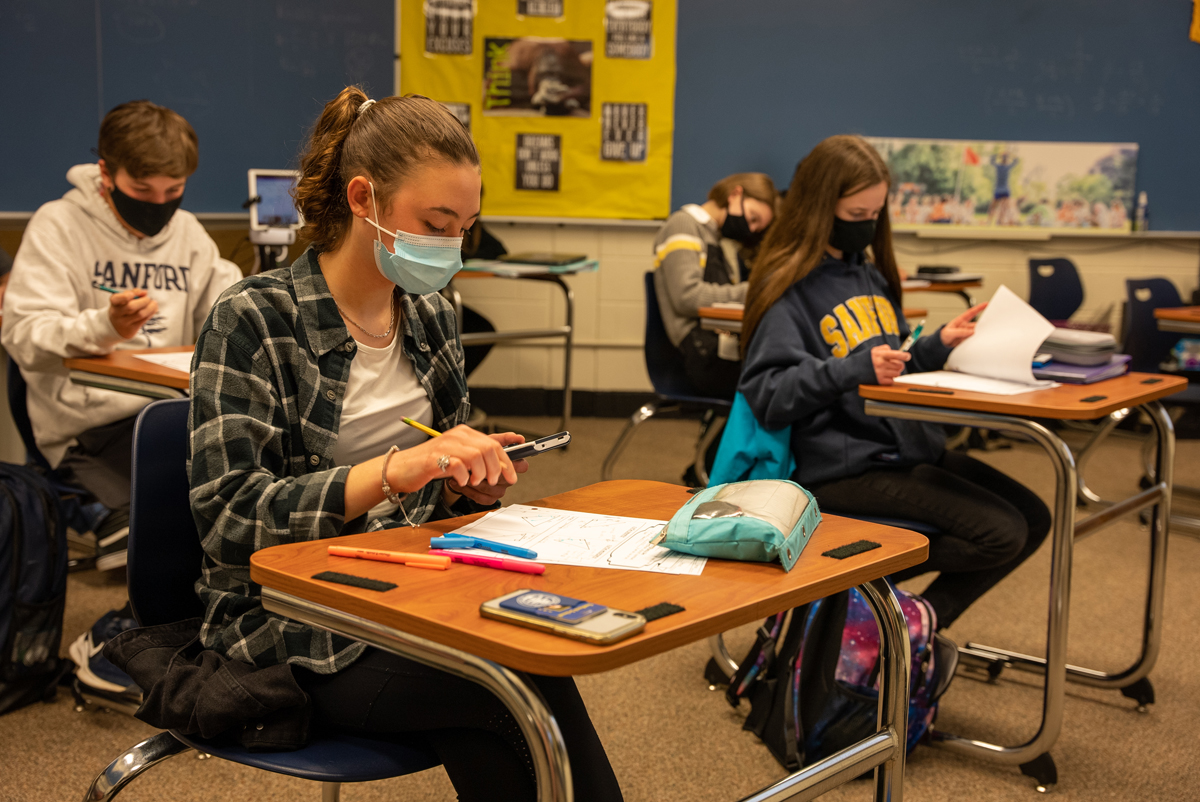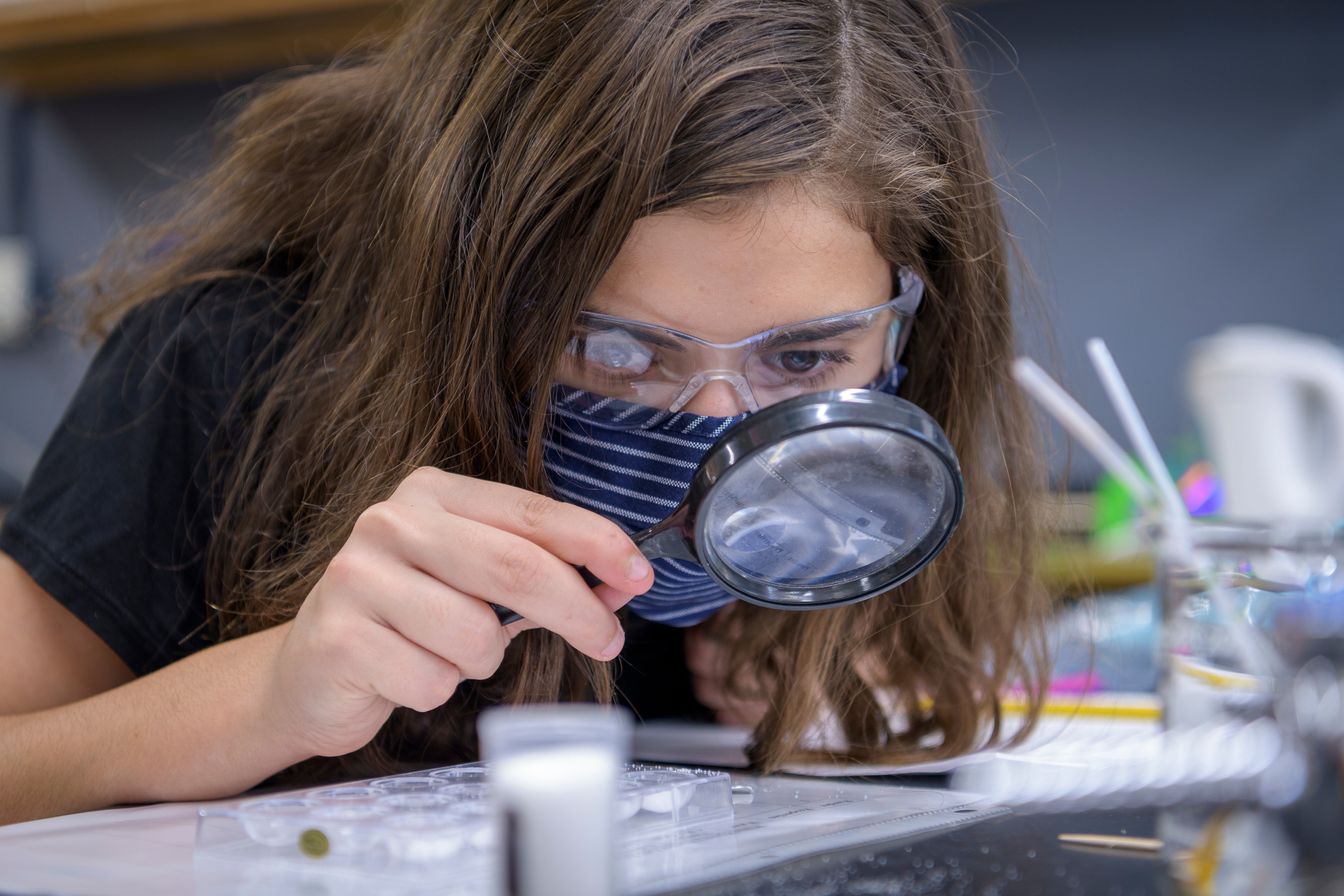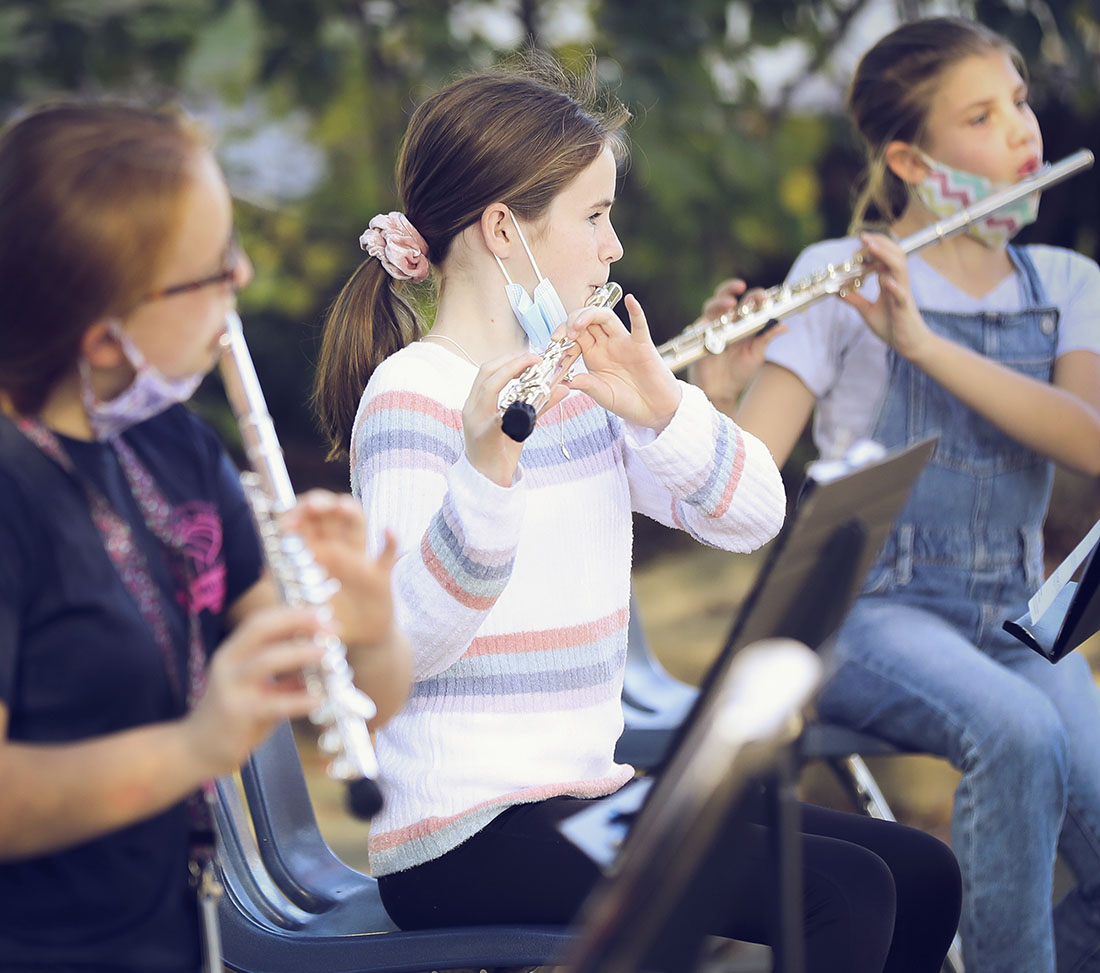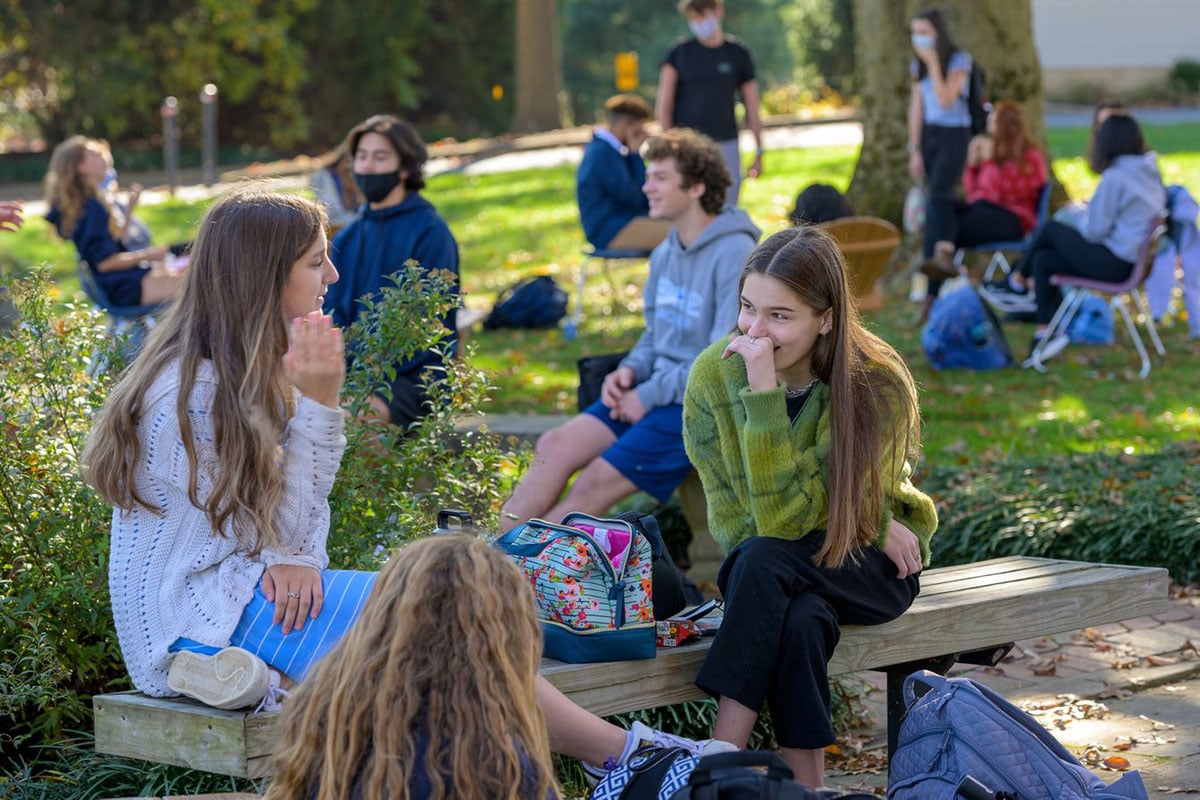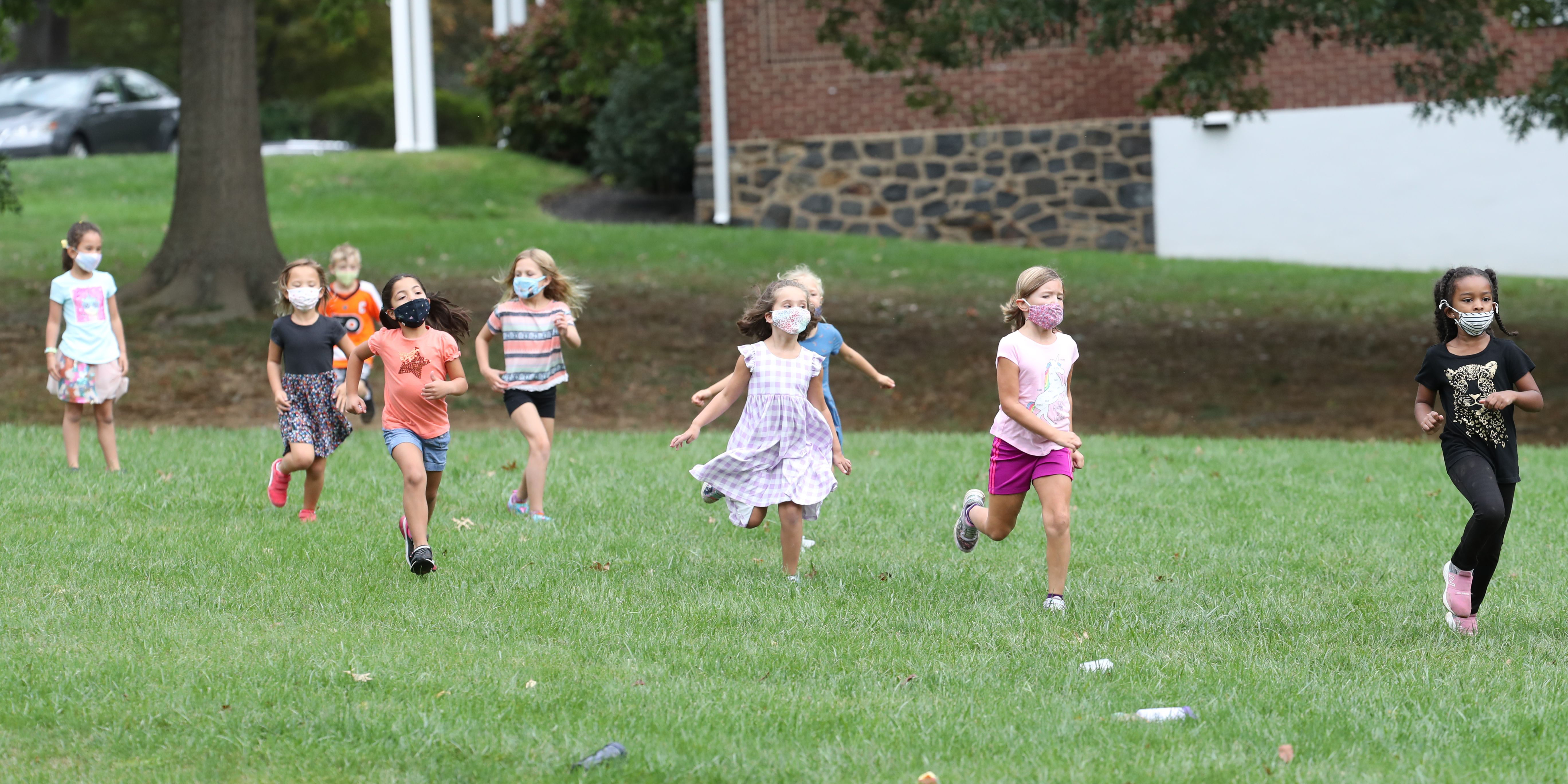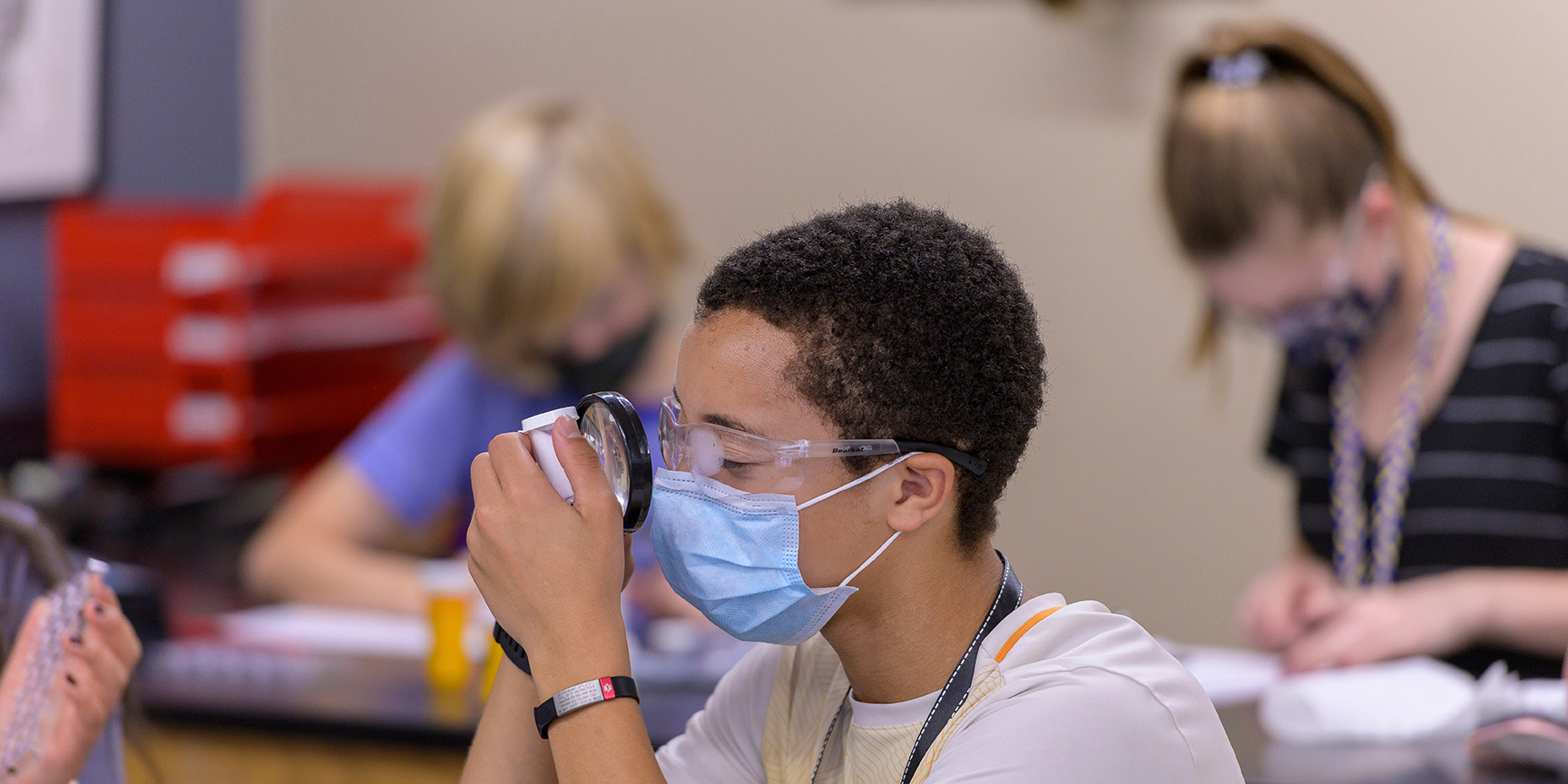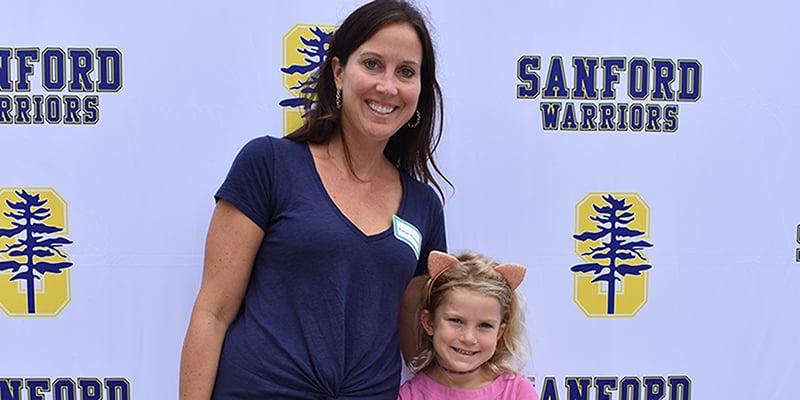When a child turns five it’s time to start kindergarten, but many parents are looking for opportunities that start even earlier. When exploring various programs, some parents may be torn between choosing a daycare setting or a school-based early childhood program. At Sanford we believe there is a tangible difference between a Preschool and/or PreKindergarten classroom and a daycare center. Below we will make the CASE that participating in a formal early childhood program benefits families in four main areas: Community, Attention, Specials, and Education.
Making the CASE: 4 Benefits of Early Childhood Programs
Topics: Sanford School, Preschool, Elementary Education
What does differentiated instruction really mean?
If you have ever been to a child's birthday party, you know firsthand how different children are from each other. Imagine your five-year-old neighbor's Spider-Man-themed party. There may be games, food, cake, presents, and no matter how well all that is going, as soon as Spider-Man shows up, there is bound to be drama. Some children are going to be incredibly excited, some so scared they may start crying, some may not know who Spider-Man even is, and some will become instantly shy and want to hide behind their parent's legs.
Now imagine those same children in their kindergarten classroom. They may be equally as different when it comes to learning how to read. Differentiated instruction is the act of teaching individuals differently based on their needs, their interests, their readiness, and their strengths. The goal to have everyone learn how to read remains the same but how that happens depends on who the children in the class are.
Mindset Matters: Setting High Expectations and Teaching Your Child to Achieve Them
It may seem like the best students are those who breeze through classes without breaking a sweat--acing the tests without studying and writing papers in only one night. But when those same kids come across a class that they can’t pass in their sleep, they may quickly crumble in the face of a challenge. While it could feel a bit counterintuitive, sometimes the best way to teach kids to be successful is by making things a little more difficult for them.
Topics: Education
Top 3 reasons why philanthropy is important for private schools
The holiday season often brings with it feelings of immense gratitude. We make lists of the people in our lives that mean the most to us and find ways to show our appreciation for them. Whether it’s a holiday card, quality time spent together, or a classically wrapped present, the holiday season is filled with the giving spirit. This year, consider adding your child’s school or alma mater to your gratitude list.
Gifts to a private school’s annual fund are used to support elements that make it even better equipped to meet the needs and talents of each student. Tuition provides a great percentage–but not all–of the income necessary to meet a school’s expenses. Charitable contributions from parents, alumni, past parents, grandparents, and others who believe in the school’s mission help to complete the equation. Here are three reasons why philanthropy is important for private schools:
Topics: Education, Sanford School
Tuning in to the right school for your family
When families are searching for schools for their children, they often look for the right “feel” of the school asking questions like:
- Does this school offer a balanced curriculum?
- Do the students and faculty look engaged and happy as they go about their day?
- What experiences are available to students?
- Will my children, and my family, feel like they belong?
Tuning into Sanford’s performing arts program will provide you with insight into each of these questions. Not only does a strong performing arts curriculum offer balance to a robust academic environment, but it also offers a chance for children to be creative, expressive, and learn about different cultures and backgrounds. Performing arts are essential to a well-rounded education.
Topics: Arts, Sanford School
As a parent, it’s sometimes difficult to walk the line between raising your child to be a polite, respectful student who follows the rules, while also encouraging them to advocate for themselves when necessary. Though those ideas may seem to be competing, it’s sometimes more about style than substance when teaching our kids to speak their minds. An article in the Washington Post quotes Eileen Kennedy-Moore, author of “Kid Confidence: Help Your Child Make Friends, Build Resilience, and Develop Real Self-Esteem,” as saying:
Topics: Parenting Tips
Empower your child by teaching them materials management skills
Children can learn to manage their own materials; a life skill that is important for future success.
Topics: Parenting Tips
Weekend trips to Ashland Nature Center, Coverdale Farm, The DE Children's Museum, and our local libraries have been some of my family's favorite local places to explore. But as a teacher and mom, I have found learning beyond school is often right under your own roof or in your backyard.
Topics: Parenting Tips
Knowing Where to Look: Recognizing Strong Academic Programs
When exploring school options for your child, one of the first things that you often want to know is what the academic outcomes are for students in the school--how can you be sure that your child will be getting an excellent education?
Here are three steps that you can take to help ensure that you are examining all of the evidence and gaining a clear picture of the academic opportunities available at each school you’re considering.
1) Explore the Website
Start by looking at the school’s website to get some basic information about the school. This might be on the Admission page, the Home page, or in an About Our School section, like Sanford’s Quick Facts. You’re looking for broad information such as class size, student-teacher ratio, and college placement numbers. You can then visit other pages to learn more about grade-specific academic requirements. In some cases, curriculum topics by grade level will provide more details about what a typical academic career could look like for students who attend this school. Be sure to write down any questions that come to mind while looking at the website and ask them during the visit to help solidify your understanding of the school’s academic offerings.
2) Visit a Classroom
“The moment I stepped on campus for my tour, I felt it - I felt the warmth everyone was raving about. I am confident Sanford is going to prepare me well and give me the tools needed for success. One of the things that makes Sanford unlike most schools is that they cater to your wants and needs. They are going to do what's best for you. I am genuinely excited for this school year, as well as the others yet to come.” -- an Upper School student
Schedule an in-person visit to see classrooms in action. If possible, visit your child’s current grade and the grade which they’d be entering. In any classroom that you visit, you should watch for and listen to how the teacher talks to the students, how the students speak to the teacher, and how the students interact with each other. Are there opportunities for the kids to ask questions and/or share ideas? Are young people engaged in the lesson and eager to learn? Are peers able to work with one another when possible? What do children do if they have a question about the assignment or the lesson? During a brief classroom visit you won’t be able to see the full scope of the coursework. For example, if students are just beginning to read a new novel, you won’t hear a robust debate, but you can still get a sense for the classroom energy -- a positive learning environment is a key element in encouraging academic success.
Topics: Admission
How to Jump into a New School Community
“I look forward to watching our children grow together and know that I have made lifelong friends, just as my children have. We really have created a sense of community for our family.”
- A Lower School Parent
When parents are involved, students achieve more
Did you know that...- Schools that work well with families have better teacher morale and higher ratings of teachers by parents.
- School programs that involve parents outperform identical programs without parent and family involvement.
Topics: Parenting Tips, Community

